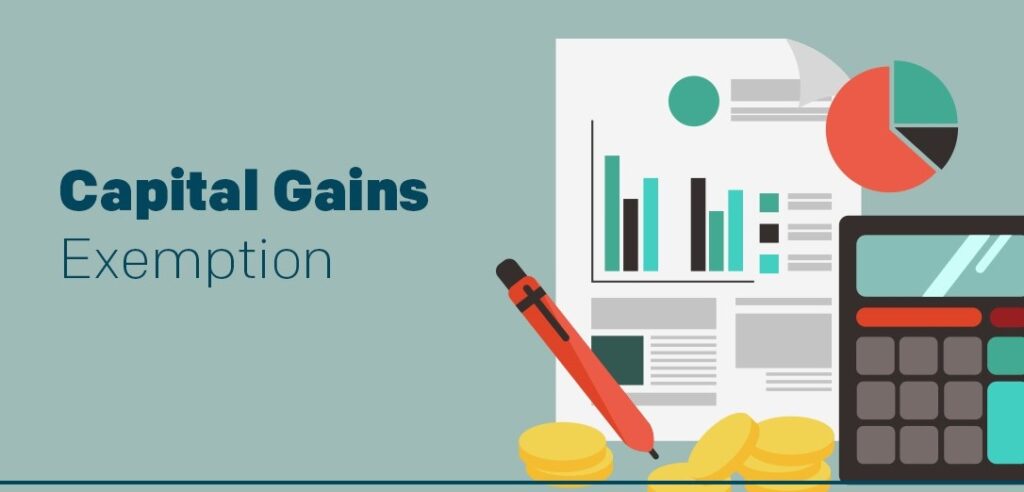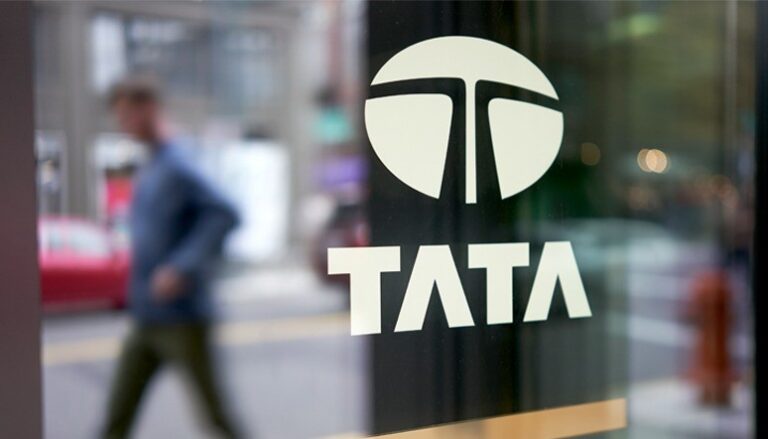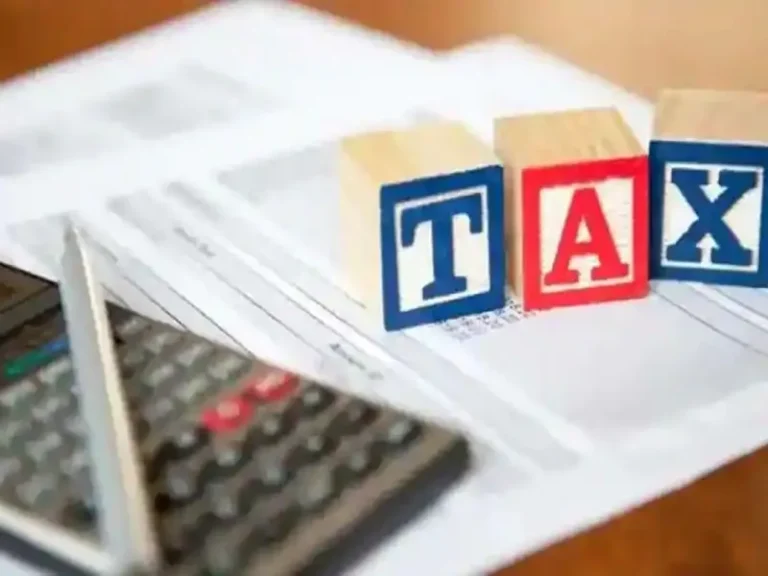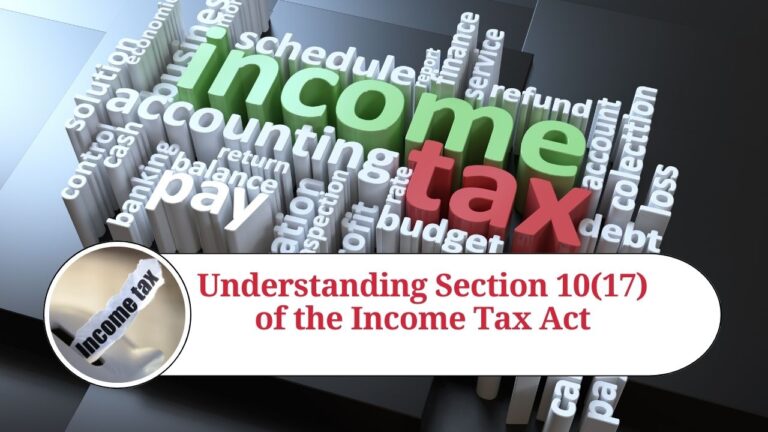Understanding Section 10(40) of the Income Tax Act: Exemption for Subsidiary Companies in the Power Sector
Section 10(40) of the Income Tax Act, 1961, provides a significant tax exemption aimed at aiding the power sector, specifically focusing on subsidiary companies engaged in power generation, transmission, or distribution. This provision is crucial for the financial health and sustainability of power generation projects in India. In this blog, we will delve into the details of Section 10(40), the conditions under which it applies, and its relevance to the power sector.
What is Section 10(40)?
Section 10(40) exempts any income received by a subsidiary company from its holding company, which must be an Indian company engaged in the business of generation, transmission, or distribution of power. This income can be in the form of a grant or otherwise and is meant for settling dues related to the reconstruction or revival of an existing business of power generation.
Key Conditions for Exemption
To qualify for the exemption under Section 10(40), the following conditions must be met:
Subsidiary-Holding Company Relationship:
- The income must be received by a subsidiary company from its holding company.
- The holding company must be an Indian company.
Nature of Business:
The holding company must be engaged in the business of generation, transmission, or distribution of power.
Purpose of Income:
The income received must be specifically for the settlement of dues in connection with the reconstruction or revival of an existing business of power generation.
Notification Requirement:
The reconstruction or revival must be conducted by transferring the business to the Indian company notified under sub-clause (a) of clause (v) of sub-section (4) of section 80-IA.

Detailed Explanation of Key Points
Subsidiary-Holding Company Relationship
The provision emphasizes that the income should flow from a holding company to its subsidiary. This relationship is critical as it ensures that the exemption supports a structured business arrangement within the power sector. The subsidiary company benefits directly from the financial support of the holding company, facilitating smoother financial operations and ensuring the proper use of funds for reconstruction or revival purposes.
Nature of Business
The holding company must be involved in power generation, transmission, or distribution. This specification ensures that the exemption targets companies directly contributing to the power sector’s growth and stability. It is essential to confirm that the holding company’s primary business activities align with these categories to qualify for the exemption.
Purpose of Income
The income received by the subsidiary must be used explicitly for settling dues related to the reconstruction or revival of an existing power generation business. This focus ensures that the funds are directed towards critical activities that can rejuvenate and sustain existing infrastructure, thereby enhancing overall efficiency and productivity in the power sector.
Notification Requirement
The reconstruction or revival efforts must be conducted by transferring the business to an Indian company notified under the specific clause of section 80-IA. This clause provides a regulatory framework, ensuring that the companies benefiting from the exemption adhere to predefined standards and practices, promoting transparency and accountability.
Practical Implications and Benefits
Section 10(40) plays a pivotal role in supporting the power sector by providing tax relief, which in turn aids in the financial restructuring of power generation companies. Here are some of the practical implications and benefits:
Financial Relief:
Subsidiary companies can receive funds without the burden of additional tax, facilitating smoother financial operations.
Support for Revival Projects:
The provision specifically targets the revival of existing power generation businesses, helping them overcome financial distress.
Encouragement for Reconstruction:
By exempting income used for reconstruction, the government encourages companies to invest in updating and maintaining their infrastructure.
Case Laws Highlighting Section 10(40)
To gain a comprehensive understanding of how Section 10(40) is applied, let’s look at some relevant case laws:
Case Law Example 1
Facts:
A subsidiary company received a grant from its holding company to revive an old power plant.
Judgment:
The court ruled that the income was exempt under Section 10(40) as it met all the stipulated conditions. This case underscores the importance of using the funds strictly for the purpose of reconstruction or revival.
Case Law Example 2
Facts:
A dispute arose regarding whether the income used for purposes other than settling dues related to reconstruction qualifies for exemption.
Judgment:
The court held that the exemption is strictly applicable to income used for settling dues in connection with the specified purposes. Any deviation disqualifies the income from exemption under Section 10(40).
FAQs about Section 10(40)
Q1: What type of income qualifies for exemption under Section 10(40)?
A1: Any income received by a subsidiary company from its holding company, in the form of a grant or otherwise, qualifies for exemption if it is used for settling dues related to the reconstruction or revival of an existing power generation business.
Q2: Can the holding company be a foreign company?
A2: No, the holding company must be an Indian company engaged in the business of generation, transmission, or distribution of power.
Q3: What happens if the income is used for purposes other than settling dues related to reconstruction?
A3: The exemption under Section 10(40) is strictly for income used for settling dues related to the reconstruction or revival of an existing power generation business. If the income is used for other purposes, it will not qualify for the exemption.
Q4: Is there any specific notification requirement for the holding company?
A4: Yes, the holding company must be notified under sub-clause (a) of clause (v) of sub-section (4) of section 80-IA for the exemption to apply.
Q5: How does Section 10(40) support the power sector?
A5: Section 10(40) provides tax relief to subsidiary companies, ensuring they have the necessary funds for reconstruction and revival projects. This support helps maintain and enhance the infrastructure critical to power generation, transmission, and distribution.
Conclusion
Section 10(40) of the Income Tax Act, 1961, is a vital provision for the power sector, offering tax exemptions to subsidiary companies for income received from their holding companies. This exemption is instrumental in supporting the financial restructuring and revival of existing power generation businesses. By meeting the specific conditions laid out in this section, companies can significantly benefit from the tax relief, ensuring continued operations and sustainability in the power sector.
For companies looking to leverage this exemption, it is advisable to consult with tax professionals to ensure compliance with all the stipulated requirements. Understanding and applying Section 10(40) correctly can provide substantial financial benefits and contribute to the overall growth and stability of the power sector in India.
For more detailed interpretations and specific applications, reviewing case laws and consulting with a tax professional is recommended. Stay informed and compliant to make the most of the exemptions available under the Income Tax Act.
For more insights into tax exemptions and benefits under various sections of the Income Tax Act, visit Smart Tax Saver and explore our comprehensive guides and expert advice.



